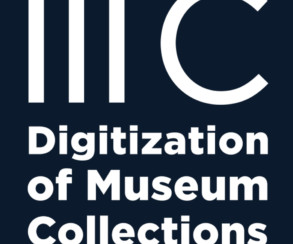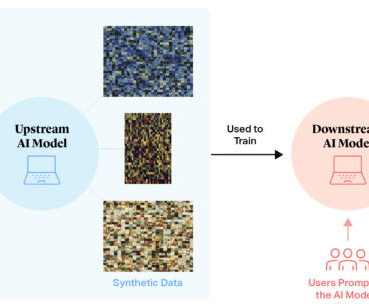Copyright Protection For Databases In India
IP and Legal Filings
AUGUST 19, 2022
Databases and the Need for Protection: Nowadays, database thieves can use a variety of electronic tools to copy any database and distribute it globally, and they can do so for a fraction of the high cost associated with producing such products. The Information Technology Act, 2000 protects sensitive and private data in India.












Let's personalize your content